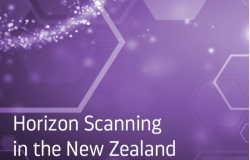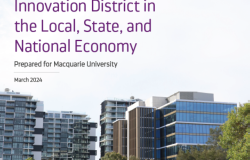Resources
Discover the latest industry resources, white paper submissions, and health policy related work of Biointelect placing us at the forefront of the life science sector.
Filter
Articles
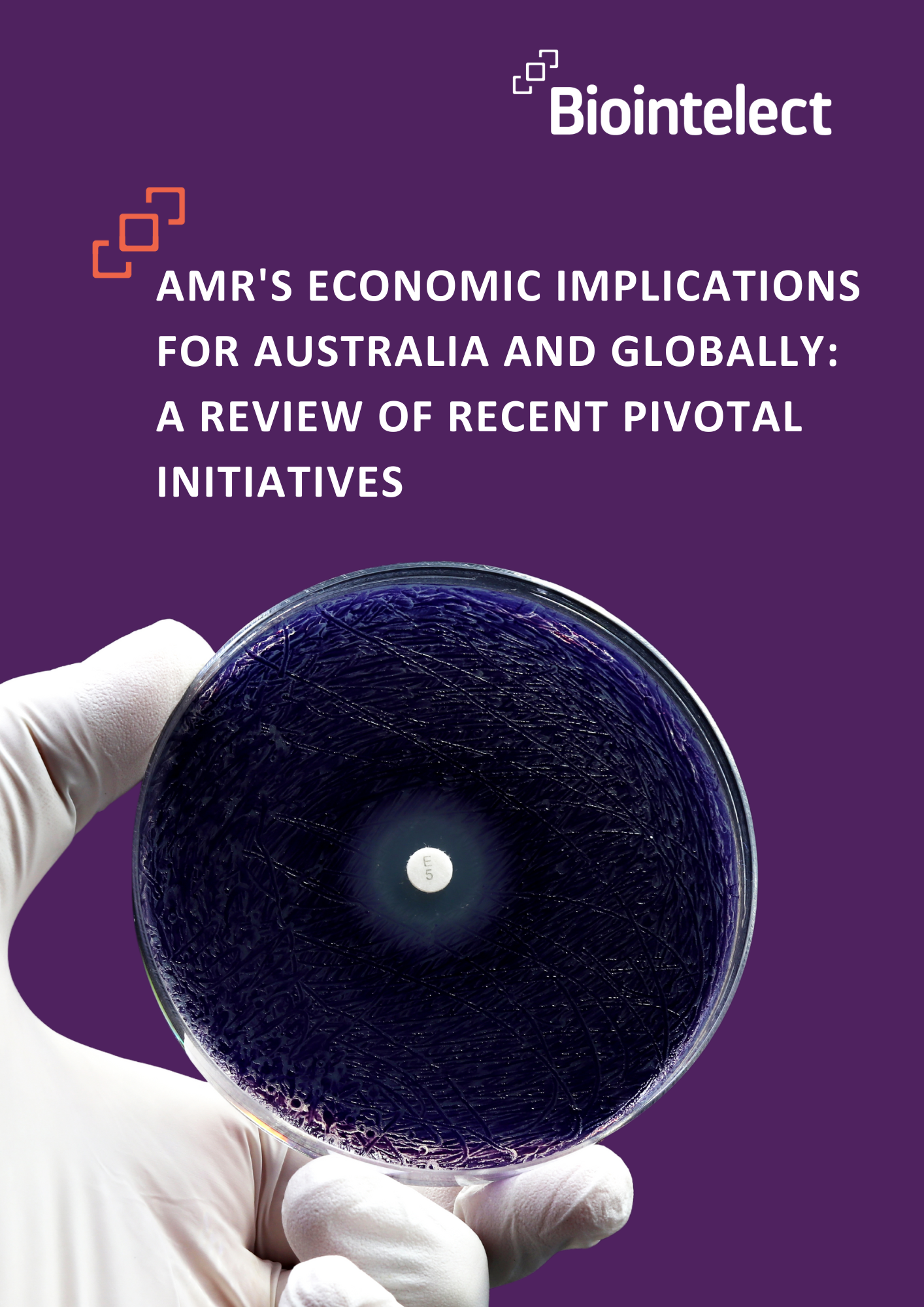
AMR’s Implications for Australia and Globally: A review of recent pivotal initiatives
This summary explores how antimicrobial resistance (AMR) is framed within Health Technology Assessment (HTA) frameworks worldwide and Australia’s unique role in HTA reviews. It examines the pressing market failures hindering AMR investment and emphasises the pivotal economic role of vaccines in combatting AMR. Key points from the Political Declaration on AMR, endorsed at the United Nations General Assembly (UNGA) in September 2024, are discussed, alongside country-specific initiatives designed at mitigating AMR, including Australia’s recent Health Technology Assessment (HTA) review. This
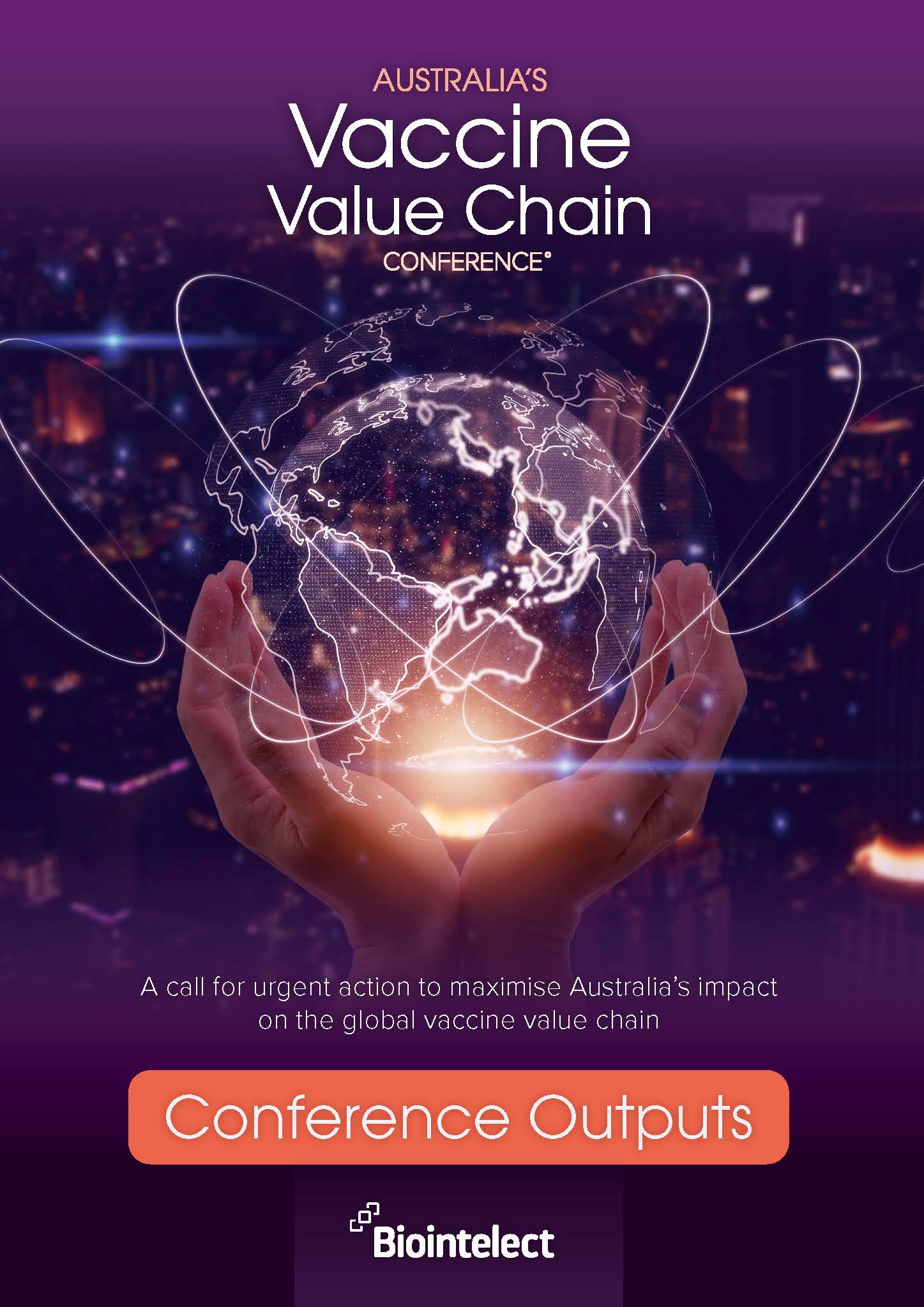
Australia’s Vaccine Value Chain Conference Outputs
There is an identified need in Australia’s Vaccine Value Chain to boost vaccine development, translation, commercialisation and access. Globally, there are urgent calls for international collaboration in epidemic and pandemic preparedness research from the World Health Organisation, and calls for critical reforms to the R&D ecosystem for infectious diseases from the Wellcome Trust. Responding to these issues, in May 2024, Biointelect convened the first-of-its-kind Australia’s Vaccine Value Chain Conference©. This event, under the guidance of an expert steering committee, brought
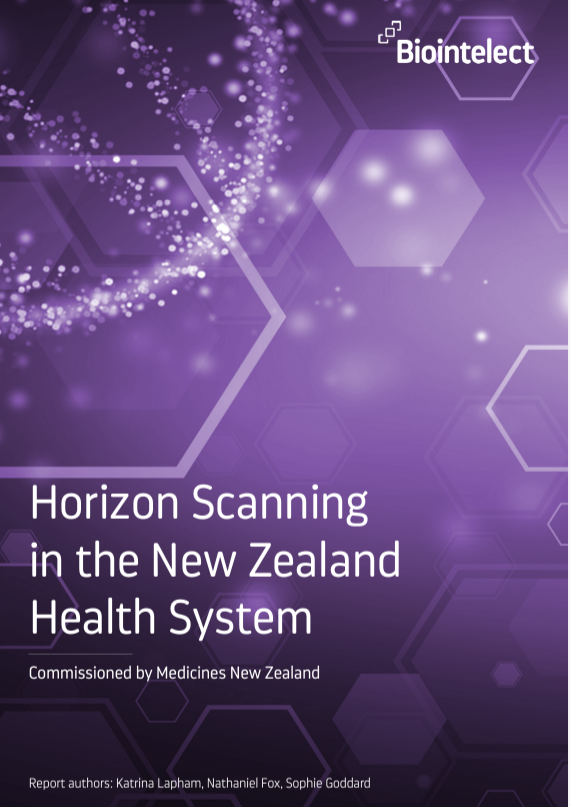
Horizon Scanning in the New Zealand Health System
Horizon scanning is a process or system which seeks to systematically and proactively identify current, new, and emerging health technologies with the potential to significantly impact patients, other stakeholders and the healthcare system. The horizon scanning process may cover a range of technologies including medicines, medical devices, vaccines, tests, diagnostics, and models of care. It aims to facilitate timely, forward-looking decision-making, increasing patient access to new emerging technologies, and improve patient health outcomes. Internationally, horizon scanning is an established and
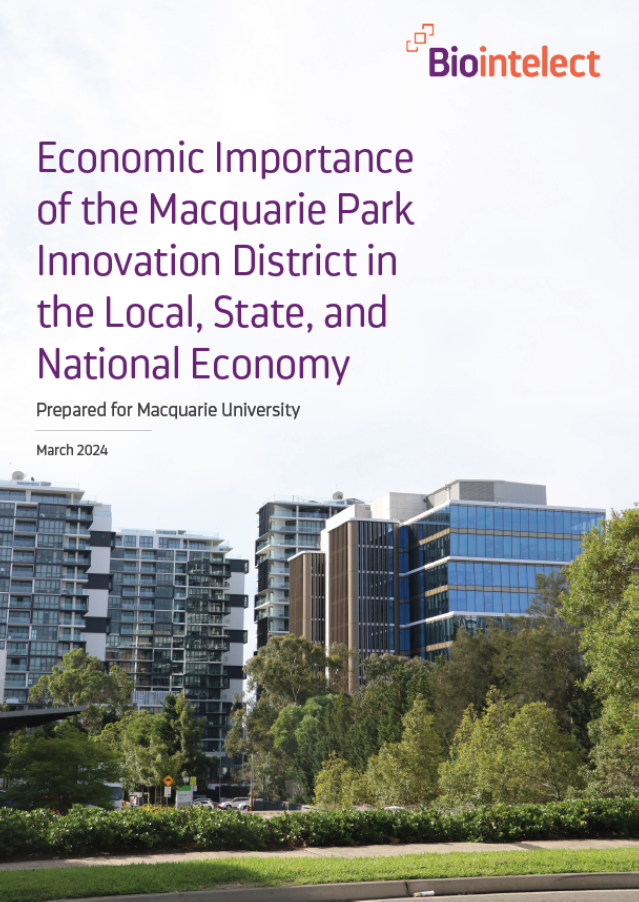
Economic Importance of the Macquarie Park Innovation District in the Local, State, and National Economy
Macquarie Park Innovation District (MPID) is Australia’s first innovation district, home to the world class Macquarie University, headquarters of multi-national organisations, start-up, scale-up and established Australian businesses across a variety of high growth, high value adding sectors including financial services, professional, scientific, and technical services, property services, information media, telecommunications, and health. MPID has been a remarkable economic success story, with a unique economic impact on NSW and Australia, not only by providing substantial direct, immediate economic outcomes, but also

Biointelect and CR2O forge new strategic partnership to provide advanced end-to-end commercialisation solutions for the life science sector globally
Driving more efficient and accelerated results from pre-clinical trials to commercialisation of new therapies for Australian, European and U.S. firms. The full innovation journey offering for Biointelect, a strategic life science consulting company, and CR2O, a leading contract research organisation, has reached new heights, with Australian, European and U.S. clients now able to tap into world-class strategic advice and full-service clinical trial capabilities following the announcement of Biointelect’s and CR2O’s new strategic partnership. Biointelect and CR2O will work to provide
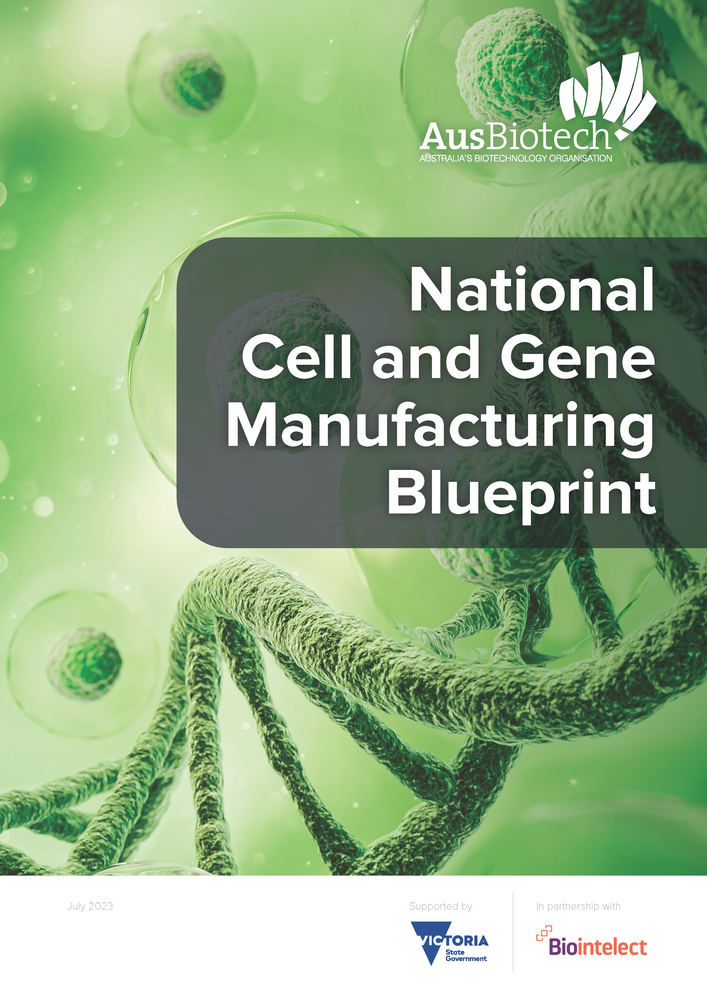
National Cell and Gene Manufacturing Blueprint
With the rapid and ongoing global growth of cell and gene (C&G) products, there is an opportunity for Australia to be a regional C&G hub. This report was commissioned by AusBiotech and delivered by Biointelect to build on 2021’s Regenerative Medicines Consortium Programme and produce a National Blueprint for the strategic growth and development of an Australian C&G manufacturing ecosystem. Key recommendations from this project include fostering a skilled local workforce, streamlining market access and patient delivery, and strategically expanding
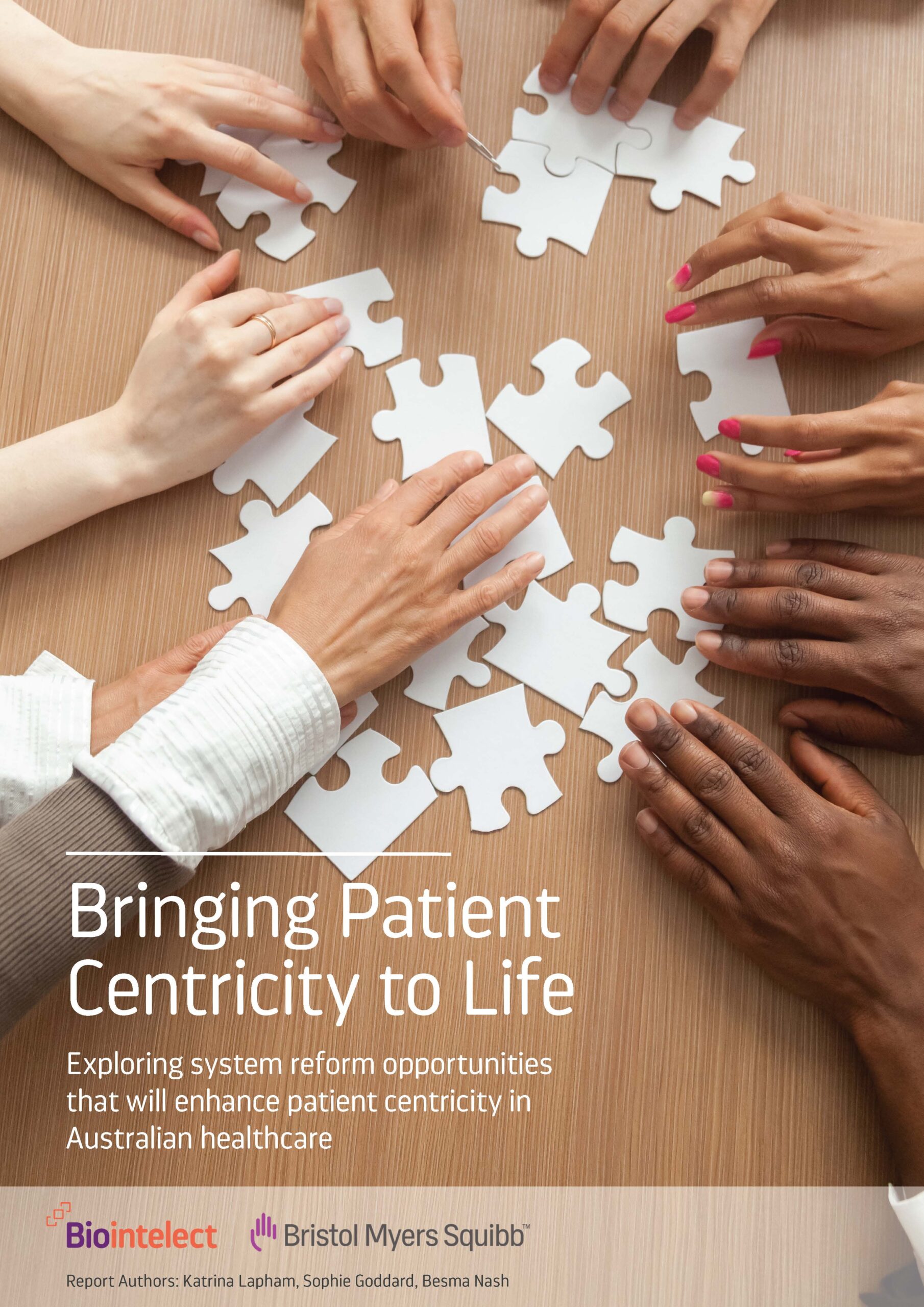
Bringing Patient Centricity to Life in Australian Healthcare
The current healthcare environment in Australia offers various opportunities for stakeholders, including patients, to engage with the health system and government in reform efforts. These opportunities arise from factors such as increased awareness of the importance of efficient approval processes for medicines and vaccines due to the COVID-19 pandemic, ongoing reviews of health technology assessment (HTA) policy and processes, and commitments to enhance consumer engagement in listing new medicines on the Pharmaceutical Benefits Scheme (PBS). Undeniably, we are on the
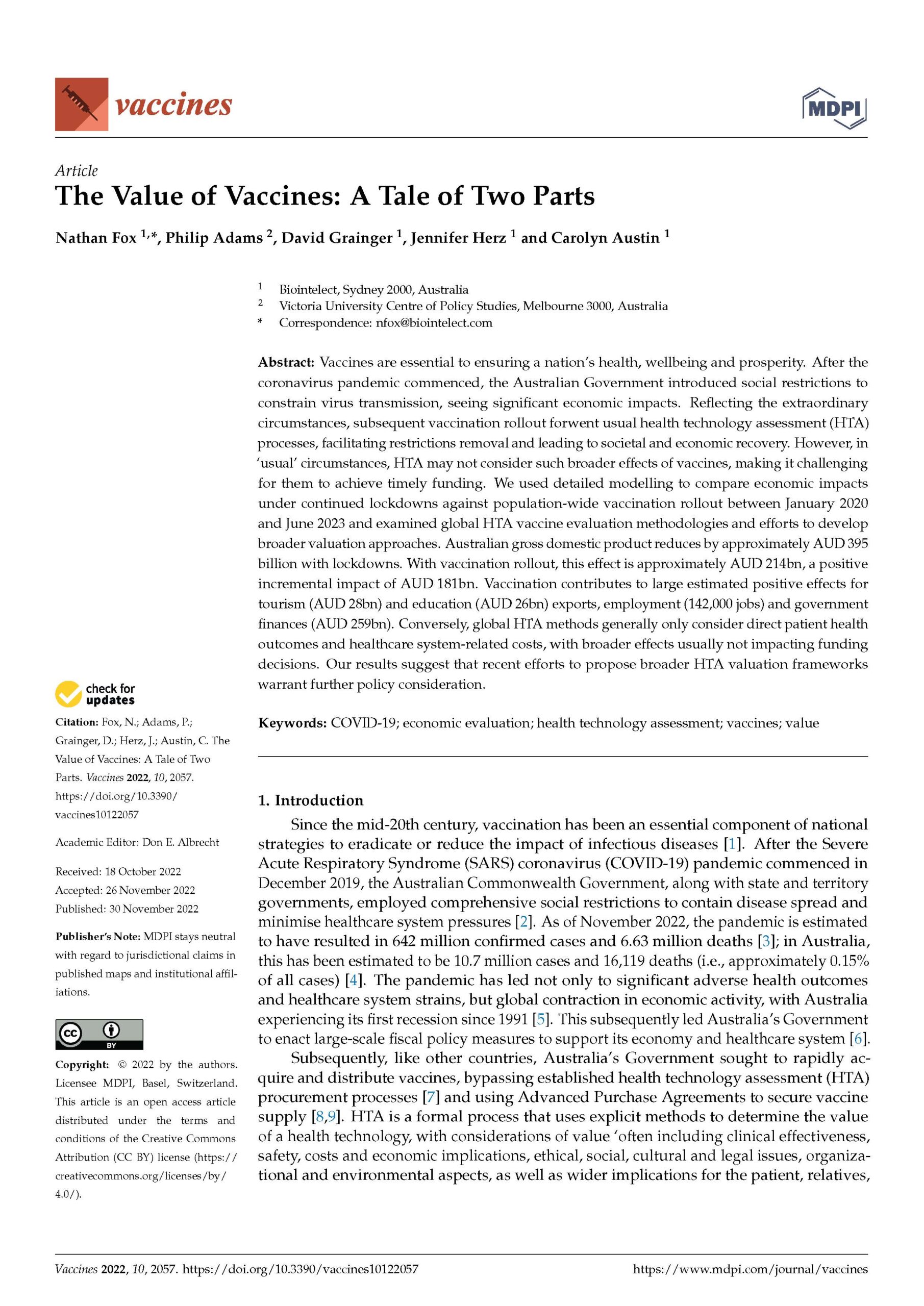
The Value of Vaccines: A Tale of Two Parts
Since the mid-20th century, vaccination has globally been an integral component of strategies to prevent and eradicate infectious diseases. Australia, like many countries, uses health technology assessment (HTA) processes to evaluate the clinical, cost-effectiveness and budget impact of medicines, including vaccines, to determine whether they get funded. Critically, HTA typically only measures patient health and healthcare system cost impacts (i.e., the ‘healthcare system perspective’). However, this excludes vaccines’ broader societal impacts, reducing their perceived value. Consequently, this makes timely vaccine
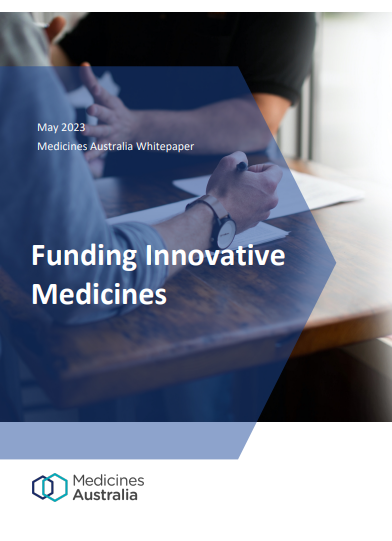
Funding Innovative Medicines Whitepaper
Australia has a unique opportunity to reform the way it evaluates and funds medicines and vaccines, toensure that Australians are among the first in the world to access new technologies. This is a policyobjective of the Australian Government that is shared by the medicines industry. Reforms to Australia’sPharmaceutical Benefits Scheme (PBS) and National Immunisation Program (NIP) are needed so thatAustralian patients can access medicines and vaccines like other similar countries.
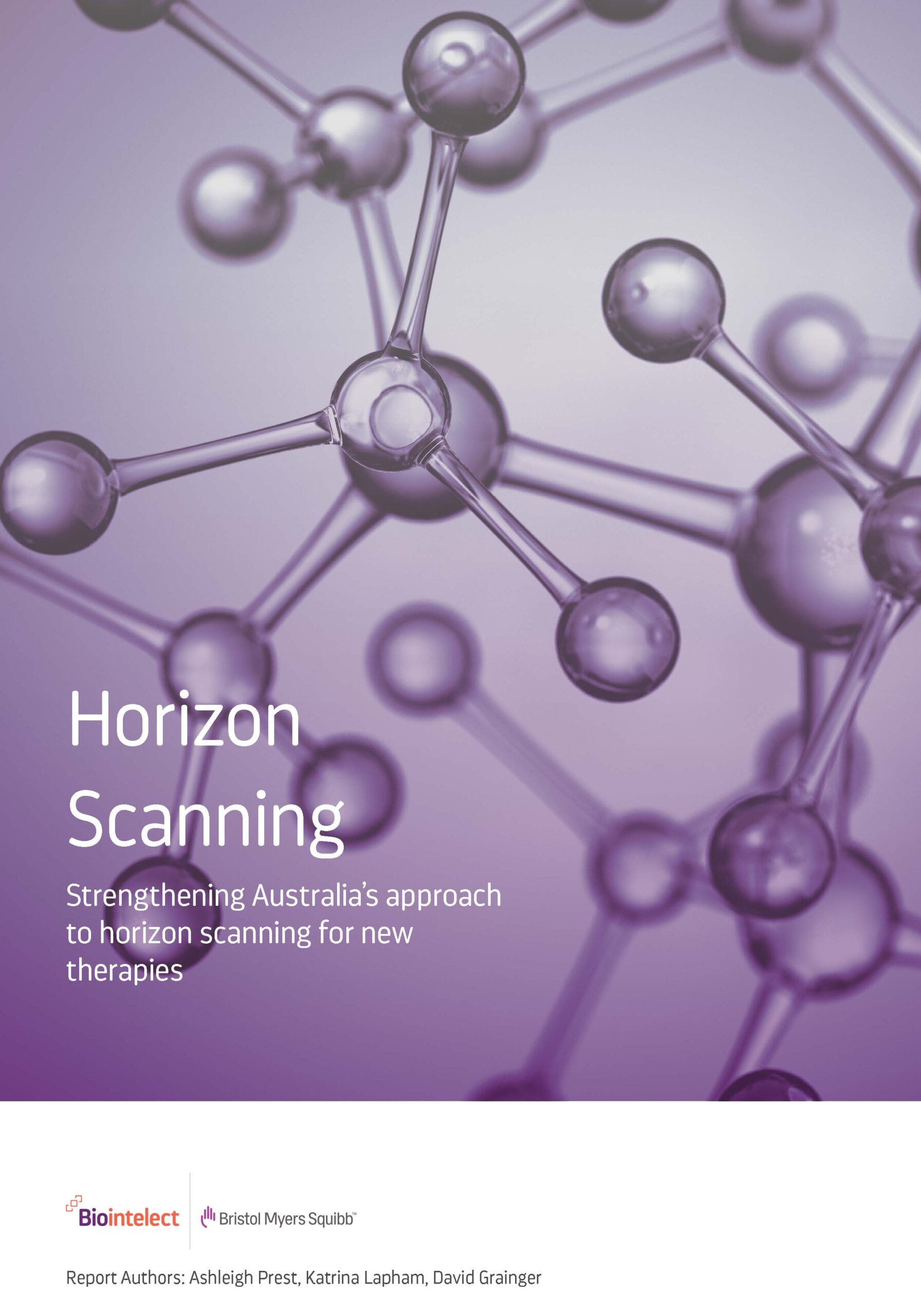
Strengthening Australia’s Approach to Horizon Scanning for New Therapies
Horizon scanning is a process or system which seeks to systematically identify and assess the potential impact of new and emerging health technologies on patients and other healthcare system stakeholders. This facilitates proactive planning for the arrival of new health technologies. BMS convened the Shaping Healthcare Together Roundtable, under the Broadening the Evidence project, online with representatives of 25 Australian patient advocacy organisations in October 2021. The roundtable explored horizon scanning activities and opportunities in the Australian healthcare system. This
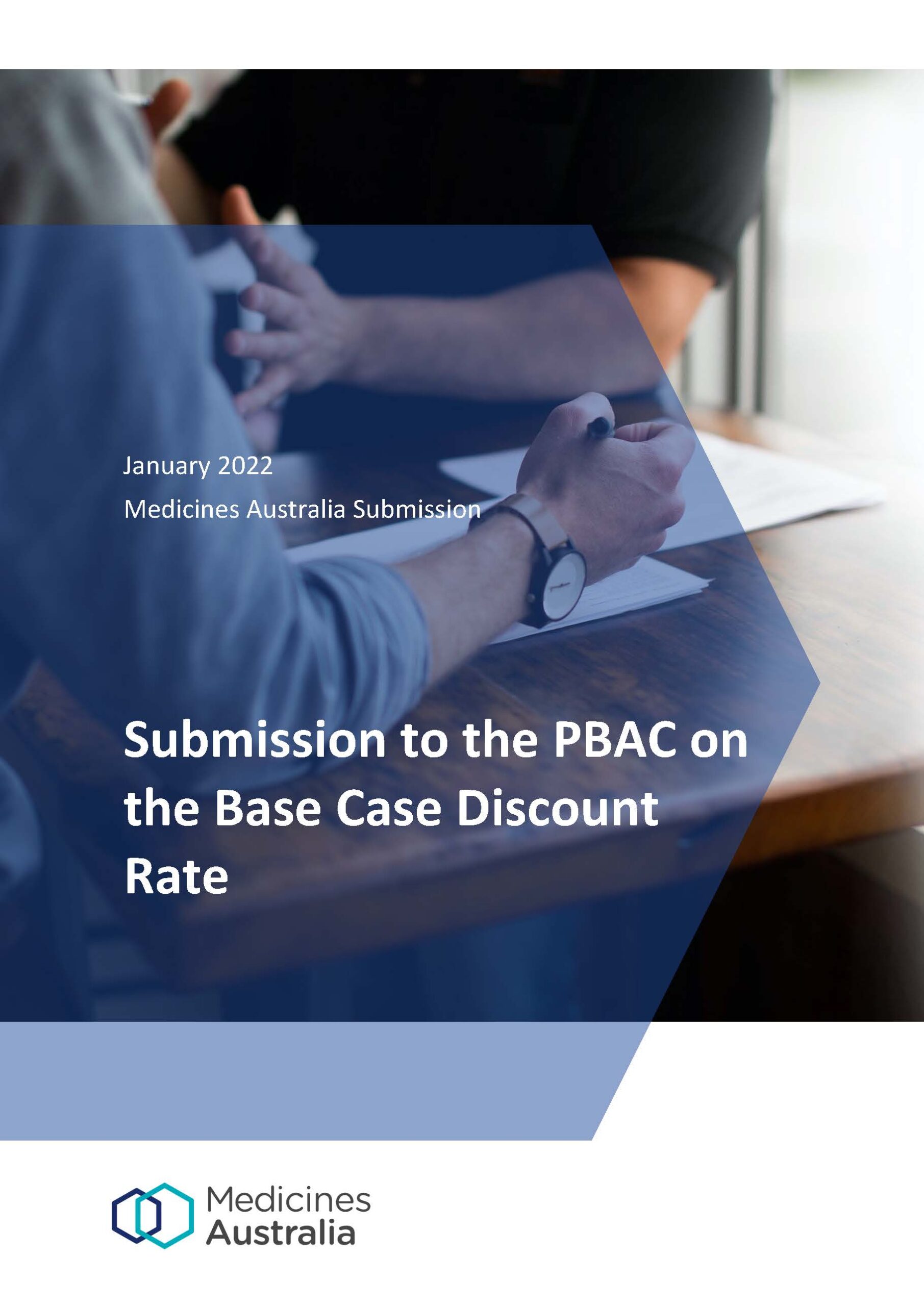
Submission to the PBAC on the Base Case Discount Rate
Discount rates reflect how society values future outcomes compared to present outcomes. When applied to medicines, inappropriately high discount rates disadvantage treatments which have longer term health benefits, such as preventative or curative treatments, disproportionately discriminating against patients who could benefit from treatments where the benefits are realised over a longer period of time. As an advanced economy which prides itself on its population’s health, Australia must consider the value of the future long-term health of its citizens, especially its
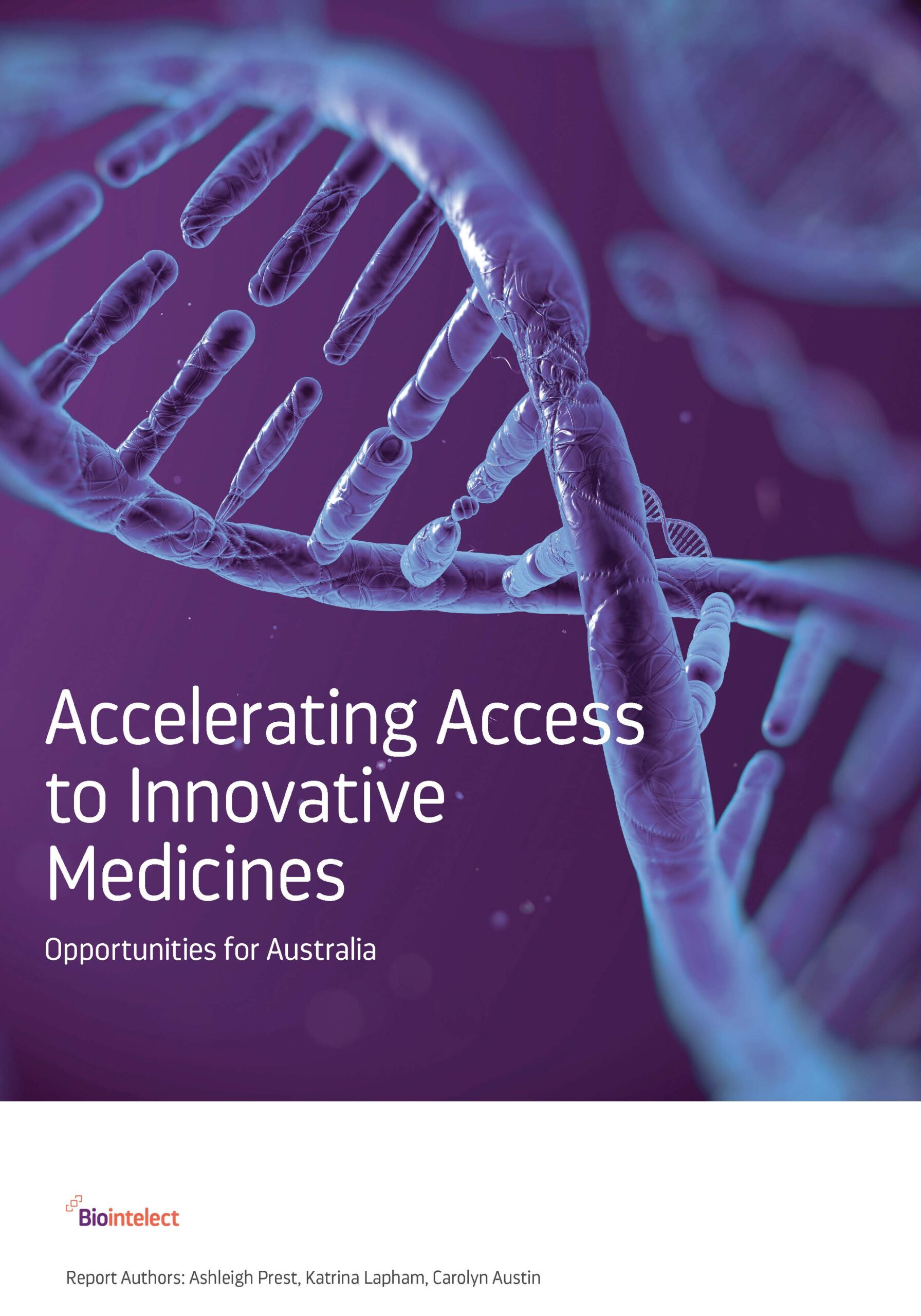
Accelerating Access to Innovative Medicines
In 2022, Janssen commissioned Biointelect to explore current approaches to reimbursement for new and promising medicines in Australia and internationally. The resulting report, Accelerating Access to Innovative Medicines analyses Australia’s current reimbursement pathways and compares them with international policies designed to accelerate access to medicines. Research highlights that Australians are waiting longer for funded access to new medicines following regulatory approval than most OECD countries. This report has a particular focus on access to innovative medicines that receive market authorisation
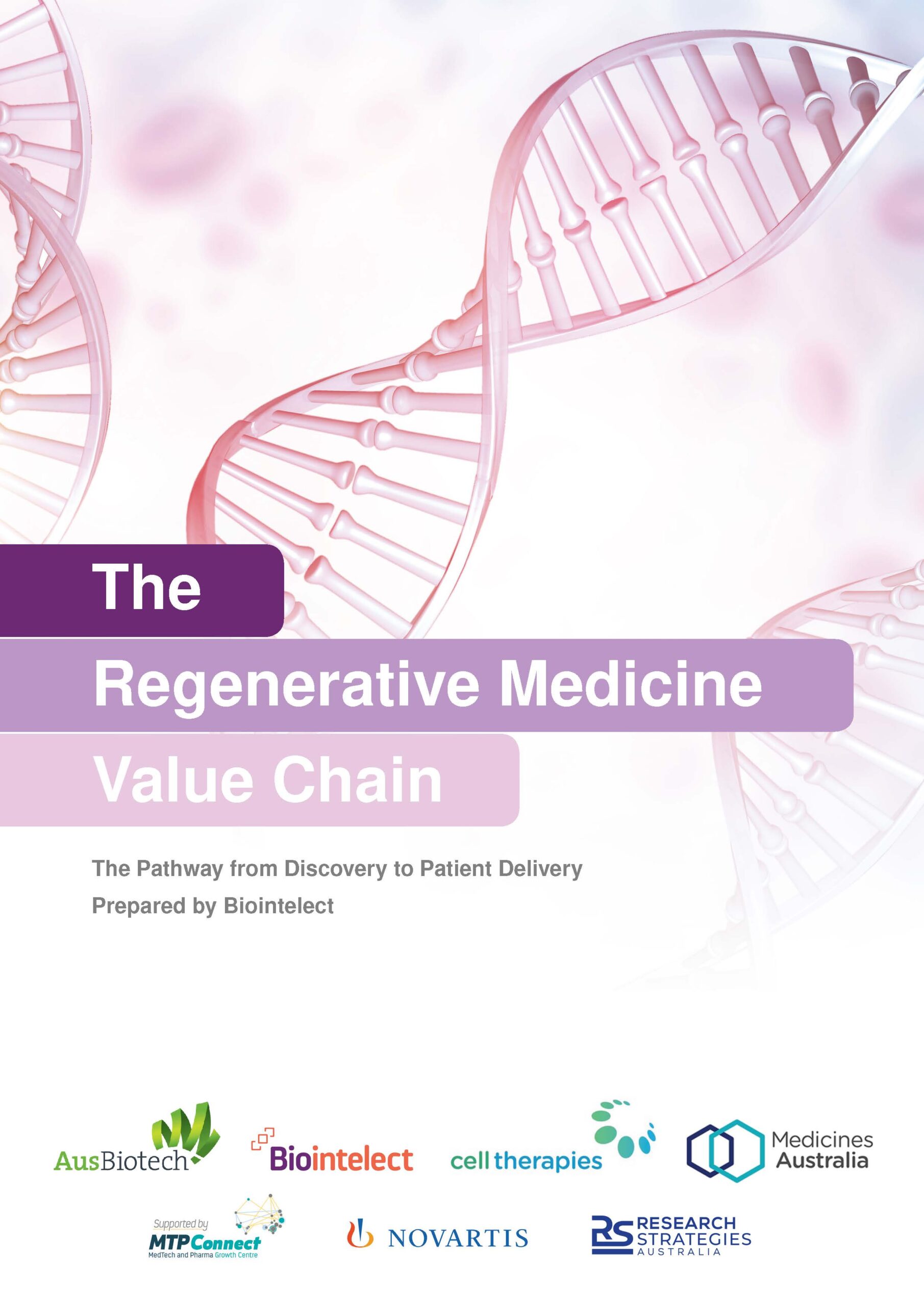
Regenerative Medicines Consortium Programme
Regenerative medicine (RM) promises to deliver ground-breaking therapies to Australian patients, with innovative approaches targeting a wide range of conditions including rare genetic diseases, cancers, chronic diseases, and organ damage. The global pipeline of clinical trials and investment in RM is booming, with 1,220 ongoing trials and US$19.9B raised in 2020, more than any previous year. RM therapies (RMT) are transformative and disruptive technologies that require new thinking and approaches across the value chain of research, development, regulation, reimbursement and
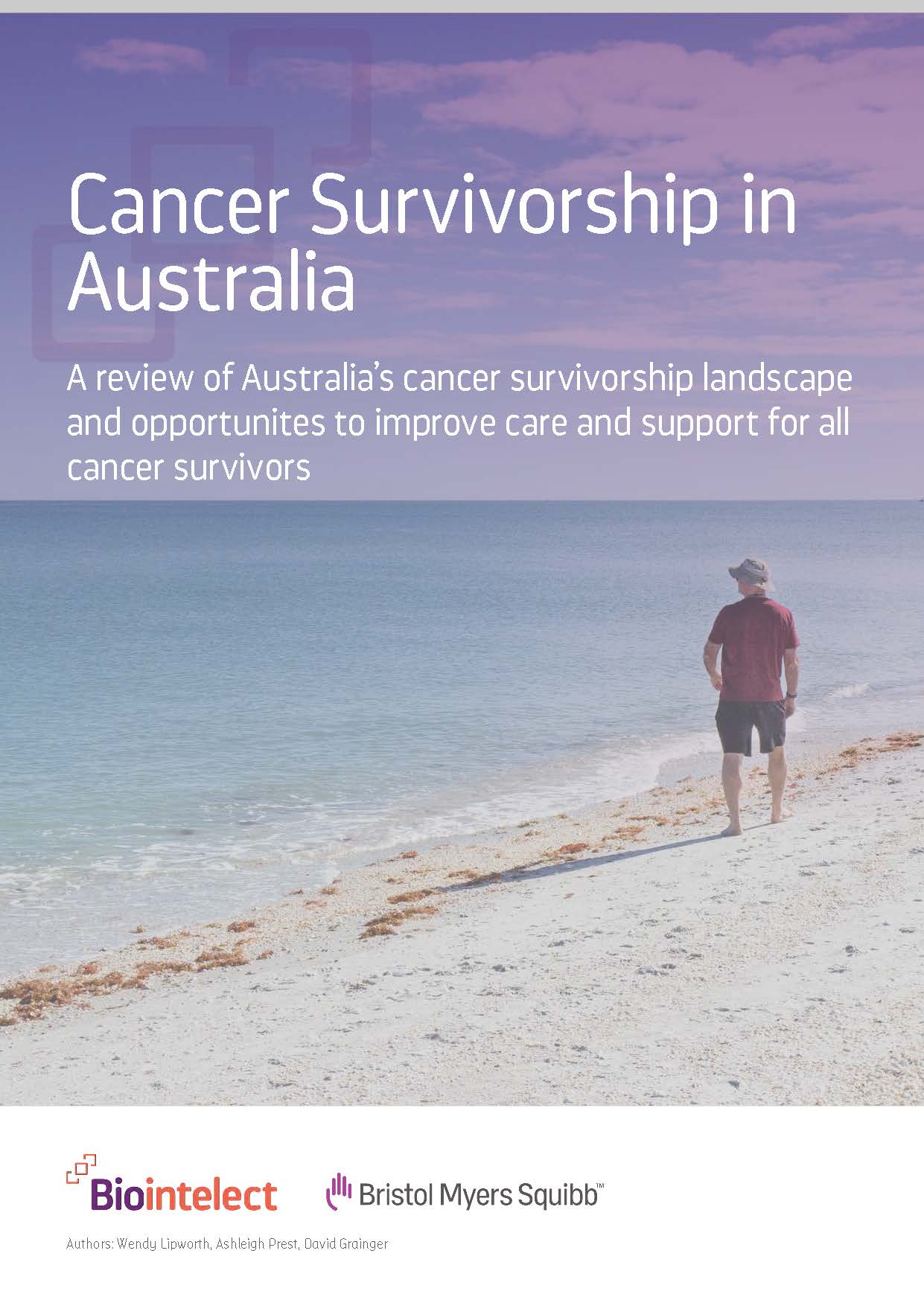
Cancer Survivorship in Australia
Over the past few decades, many cancers once thought to be fatal have become curable or amenable to long term control. BMS Australia commissioned Biointelect to conduct research into the Australian cancer survivorship landscape to see available programs and services for ‘cancer survivors’, their challenges, the gaps in services and how to address them. Biointelect found that although there are well defined models for cancer survivorship, the provision of care is fragmented, and inconsistent across different institutions. The issues highlighted
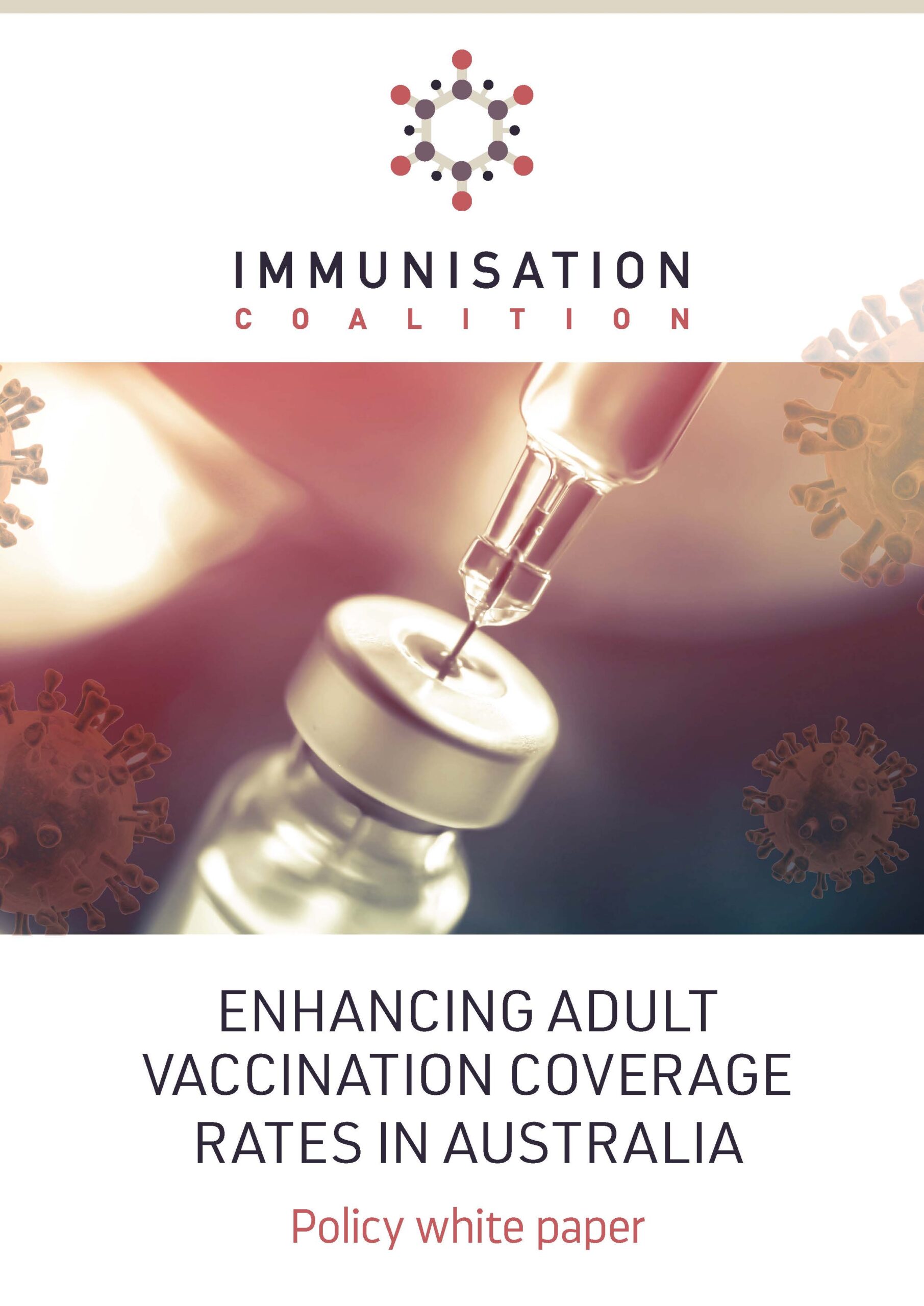
Immunisation Coalition – Enhancing adult vaccination coverage rates in Australia
This white paper examines the challenges and barriers to achieving higher rates of vaccination among Australian adults eligible for the National Immunisation Program (NIP), identifies priority areas for action and suggests evidence-based strategies to improve vaccine coverage rates.
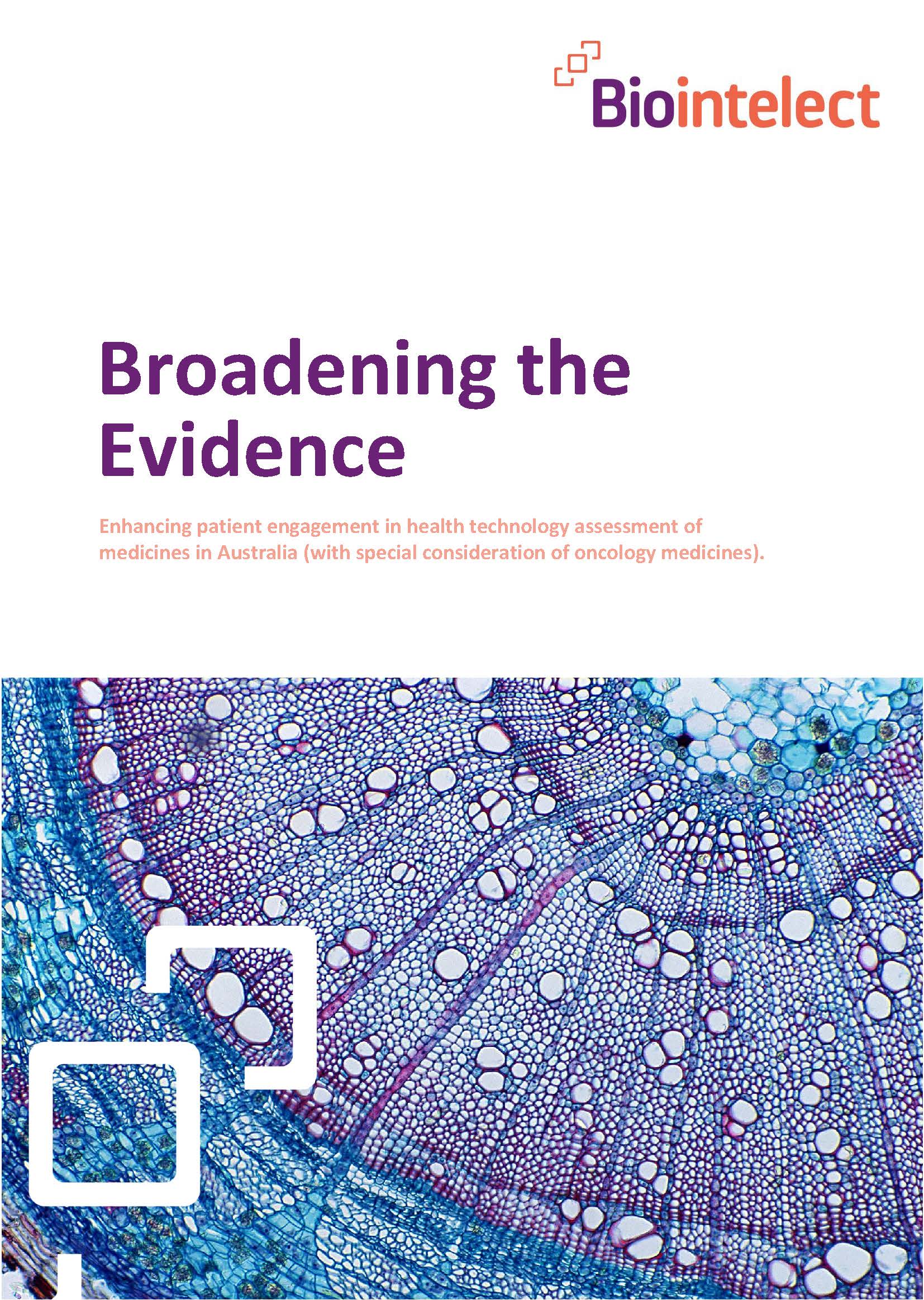
Broadening the Evidence Report
Australia’s national health technology assessment (HTA) processes include the assessment of all prescription medicines where a listing on the Pharmaceutical Benefits Schedule (PBS) is sought. Listing on the PBS ensures subsidised, affordable and equitable access to medicines for Australian patients. It is especially important for high cost new medicines that may deliver significant improvements in health outcomes for areas such as cancer and rare or complex conditions. This HTA process is conducted by the Pharmaceutical Benefits Advisory Committee (PBAC), supported
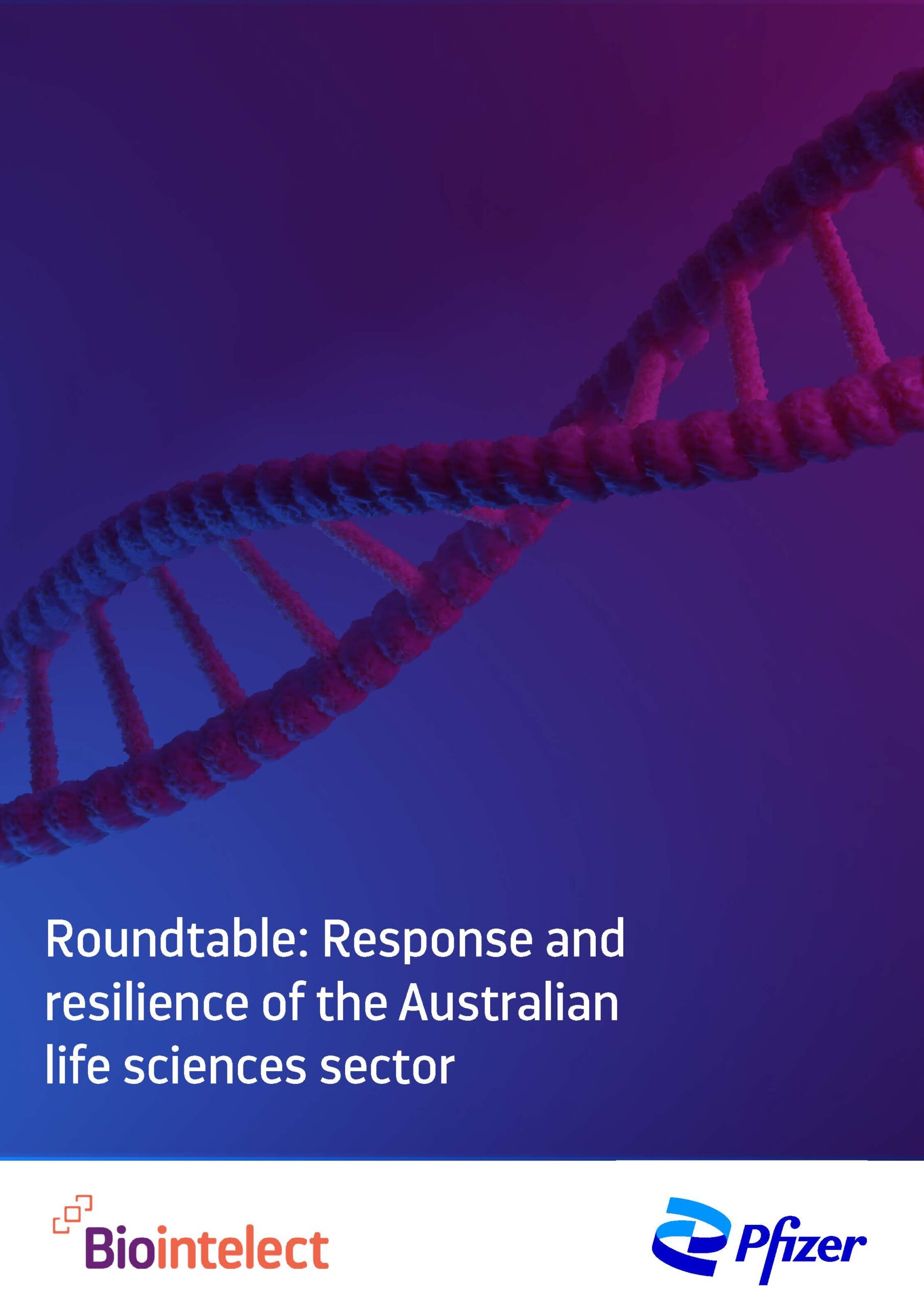
Roundtable: Response and resilience of the Australian life sciences sector
As the world emerges from the pandemic, it is critical to reflect on what has been learned and how to make strategic and sustainable investments for the future. Australia must identify and prioritise local investments, co-designed with stakeholders, and collaborating with the global life sciences sector. Effective investments have the potential to deliver benefits across the ecosystem, promoting discovery and early-stage research, clinical trials and the delivery of world class healthcare and preventive health for the wellbeing of all Australians.
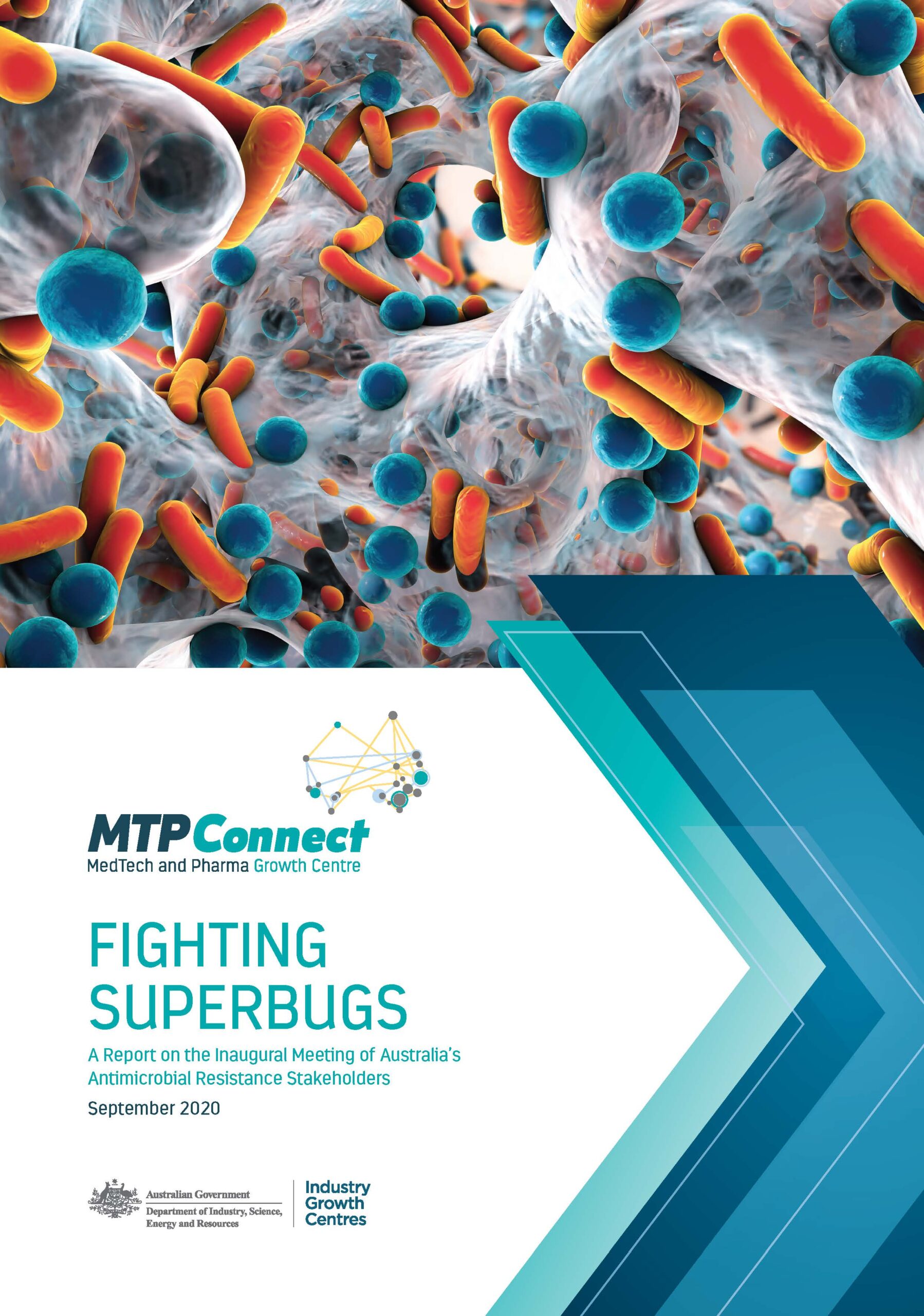
Fighting Super Bugs
In 2019, Biointelect and MTPConnect convened a multi-disciplinary workshop to bring together key stakeholders in the sector (Regulators, state / territory governments, academia, industry) to discuss the threat of antimicrobial resistance and what could be achieved in collaboration. This workshop led to the creation of the report ‘Fighting Superbugs: A Report on the Inaugural Meeting of Australia’s Antimicrobial Resistance Stakeholders’ which made a series of recommendations for new and improved approaches. The Australian Antimicrobial Resistance network (AAMRNet) has been established
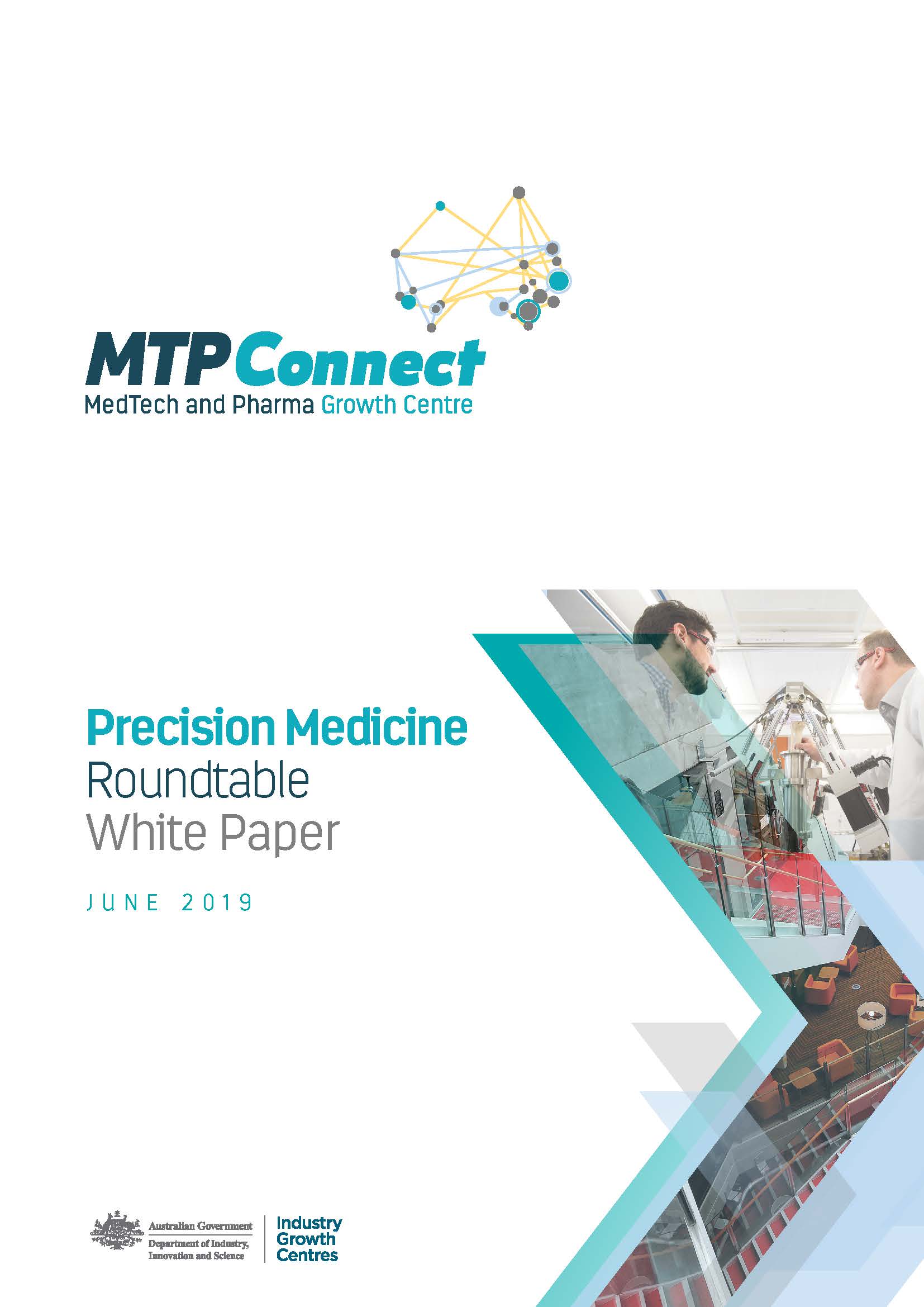
White Paper on Precision Medicine in Australia
In 2019 MTPConnect commissioned Biointelect to facilitate a Round Table bringing together stakeholders in the sector to discuss the key issues surrounding technology, regulation and reimbursement, commercialisation, and implementation. This was done so MTPConnect can understand how to better support the sector in implementing precision medicine into the Australian healthcare system and contribute as a sector to the national strategy.
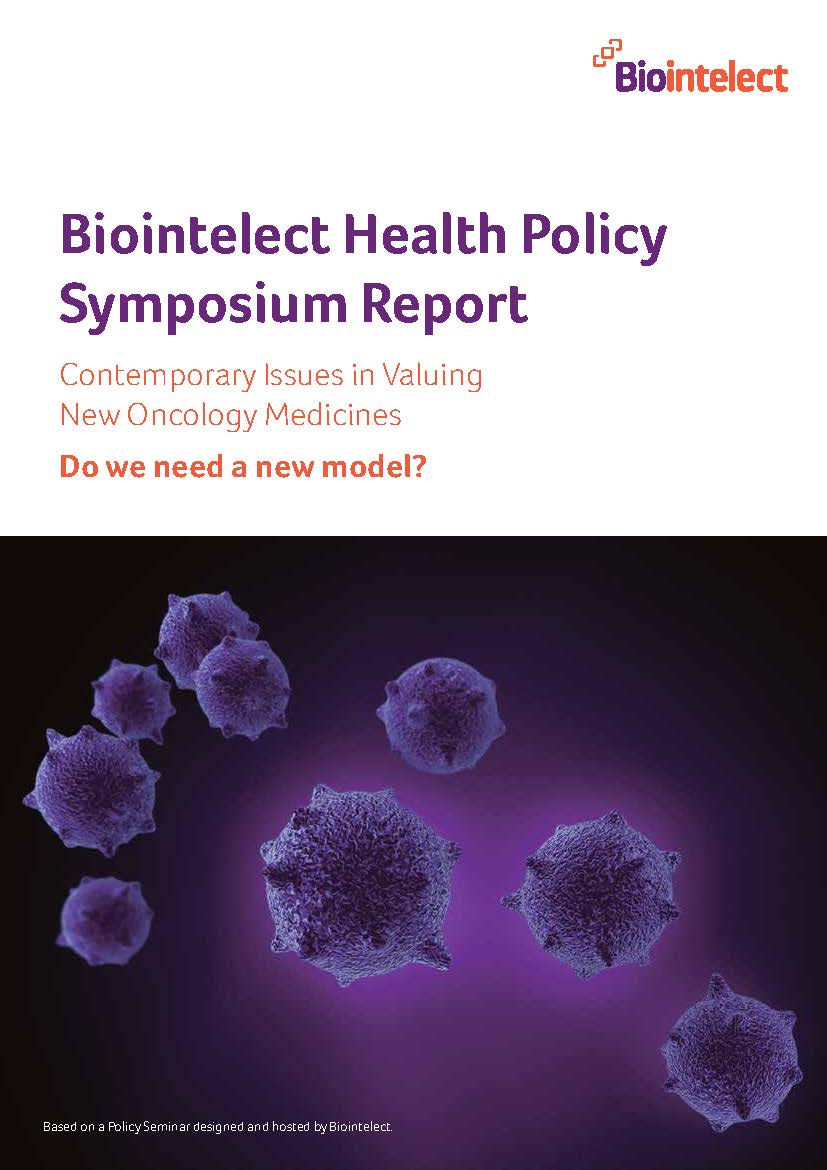
Contemporary issues in valuing new oncology medicines: Do we need a new model?
In 2019 Biointelect hosted its second annual medicines policy symposium, this report summarises the main points of the presentation discussing this topic. The main discussions being the challenges of valuation of new oncology medicines, whether oncology submissions are optimal for assessment of value, what is to be learnt from the international discussion on valuation and the perspective of the patients, the ultimate stakeholder.
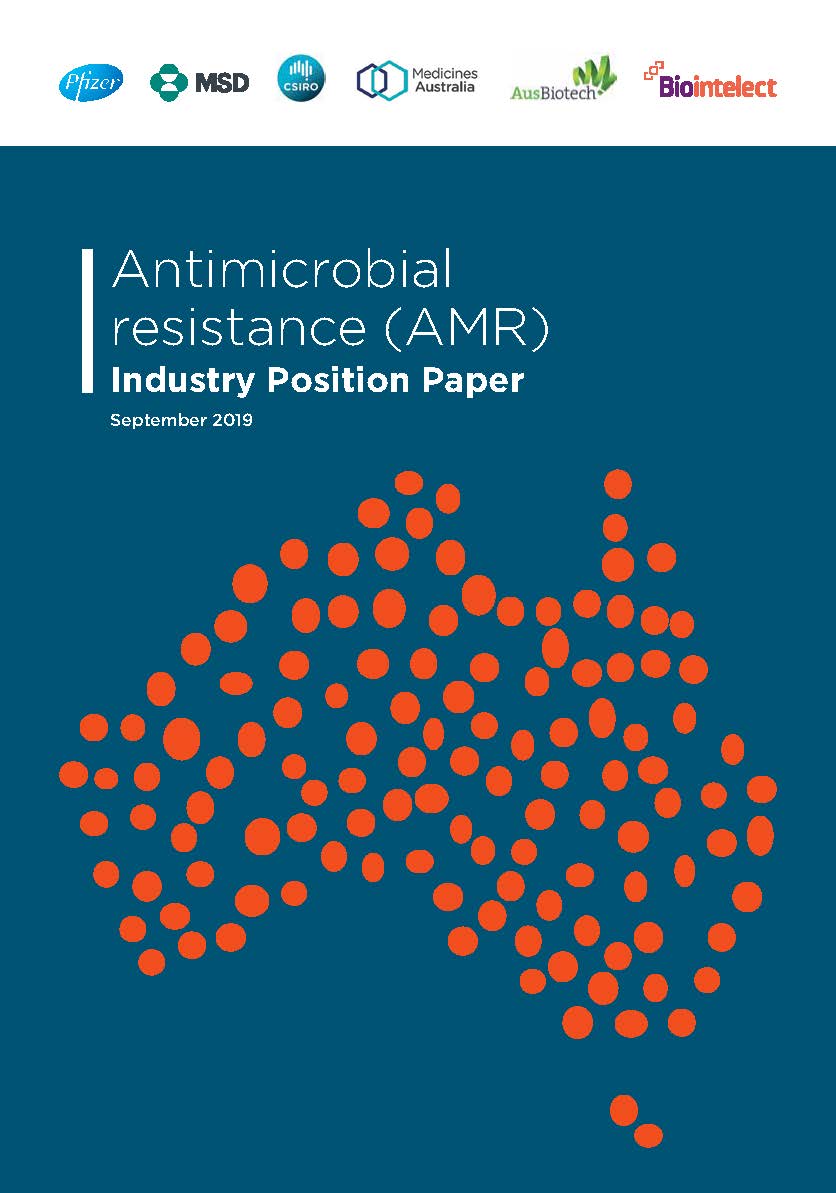
AMR Industry Position Paper
Biointelect identified a need to coordinate an industry position on antimicrobial resistance. In partnership with Medicines Australia, AusBiotech, CSIRO, Pfizer and MSD we convened a workshop and developed the following AMR industry position paper. This work was also showcased at Parliament House at PharmAus2019 to raise awareness on this critical public health issue and the role that industry plays as an essential stakeholder. As a follow-on event to these activities, Biointelect was engaged by MTP Connect to convene a multi-disciplinary

Six Months in a Leaky Boat
Six Months in a Leaky Boat featured in 2019 at the ARCS (Association of Regulatory and Clinical Scientists) conference, it explored the reasons for uncertainty contributing to rejections of reimbursement submissions at Australia’s Pharmaceutical Benefit Advisory Committee (the PBAC). Companies spend a considerable amount of time and money developing submissions for the PBAC, the evaluation of these submissions is extensive and focuses on identifying areas of uncertainty in the claims. Uncertainty can ‘sink’ your PBAC submission, Biointelect analysed multiple submissions

Biointelect ARCS Webinar Considerations and strategies for running trials during the pandemic
Jennifer Herz talks about some of the development and manufacturing challenges that need to be overcome to produce a vaccine against COVID19. Whilst the progress in vaccine development is evolving daily through the pandemic, the key messages from this presentation remain the same. Australia needs to invest more to bridge the gap between early stage research and commercial scale manufacturing so we can secure a strategic place in the global supply chain.

Filter
Articles

AMR’s Implications for Australia and Globally: A review of recent pivotal initiatives
This summary explores how antimicrobial resistance (AMR) is framed within Health Technology Assessment (HTA) frameworks worldwide and Australia’s unique role in HTA reviews. It examines the pressing market failures hindering AMR investment and emphasises the pivotal economic role of vaccines in combatting AMR. Key points from the Political Declaration on AMR, endorsed at the United Nations General Assembly (UNGA) in

Australia’s Vaccine Value Chain Conference Outputs
There is an identified need in Australia’s Vaccine Value Chain to boost vaccine development, translation, commercialisation and access. Globally, there are urgent calls for international collaboration in epidemic and pandemic preparedness research from the World Health Organisation, and calls for critical reforms to the R&D ecosystem for infectious diseases from the Wellcome Trust. Responding to these issues, in May 2024,

Horizon Scanning in the New Zealand Health System
Horizon scanning is a process or system which seeks to systematically and proactively identify current, new, and emerging health technologies with the potential to significantly impact patients, other stakeholders and the healthcare system. The horizon scanning process may cover a range of technologies including medicines, medical devices, vaccines, tests, diagnostics, and models of care. It aims to facilitate timely, forward-looking

Economic Importance of the Macquarie Park Innovation District in the Local, State, and National Economy
Macquarie Park Innovation District (MPID) is Australia’s first innovation district, home to the world class Macquarie University, headquarters of multi-national organisations, start-up, scale-up and established Australian businesses across a variety of high growth, high value adding sectors including financial services, professional, scientific, and technical services, property services, information media, telecommunications, and health. MPID has been a remarkable economic success story,
Horizon scanning is a process or system which seeks to systematically and proactively identify current, new, and emerging health technologies...
Macquarie Park Innovation District (MPID) is Australia’s first innovation district, home to the world class Macquarie University, headquarters of multi-national...
There is no excerpt because this is a protected post.
...